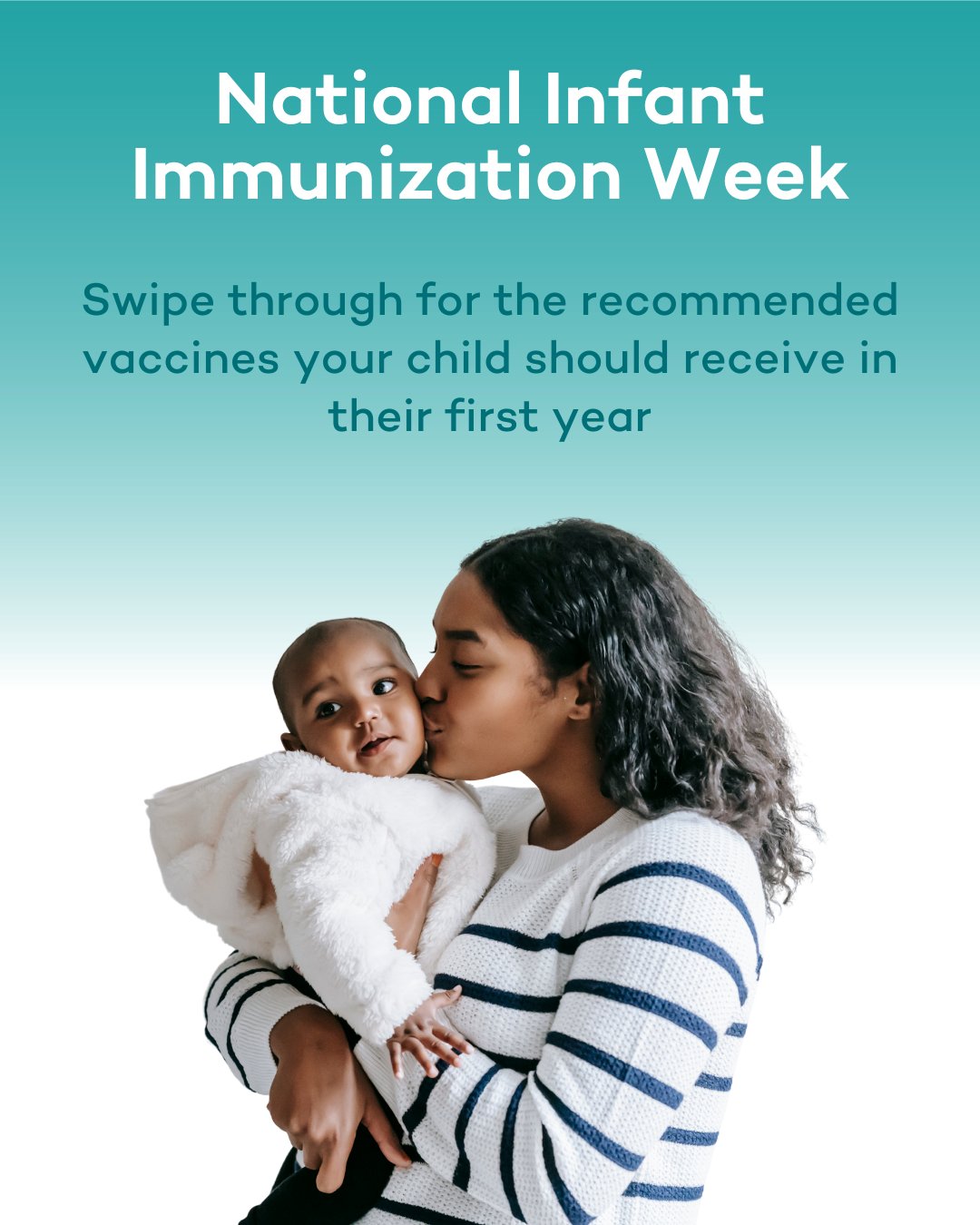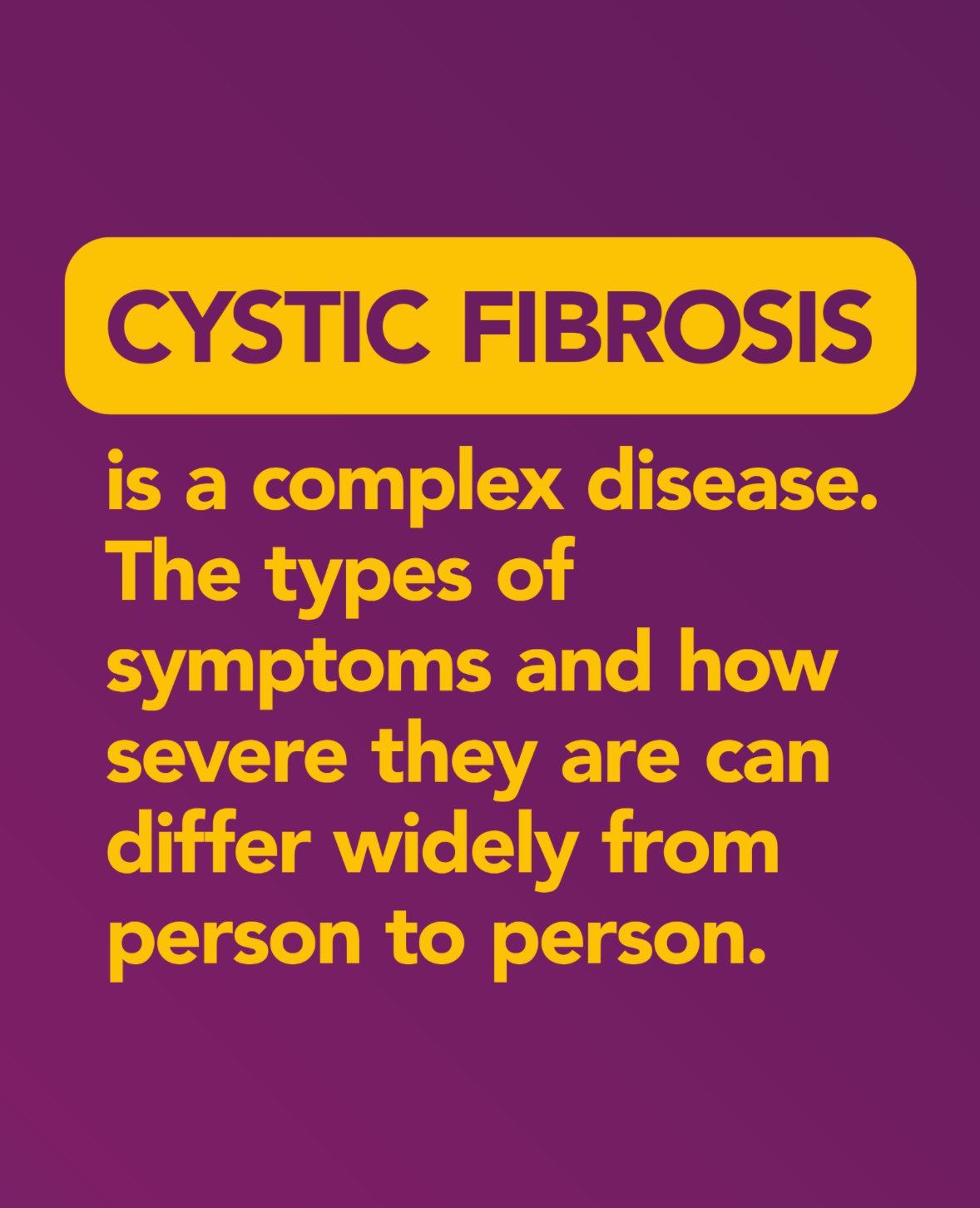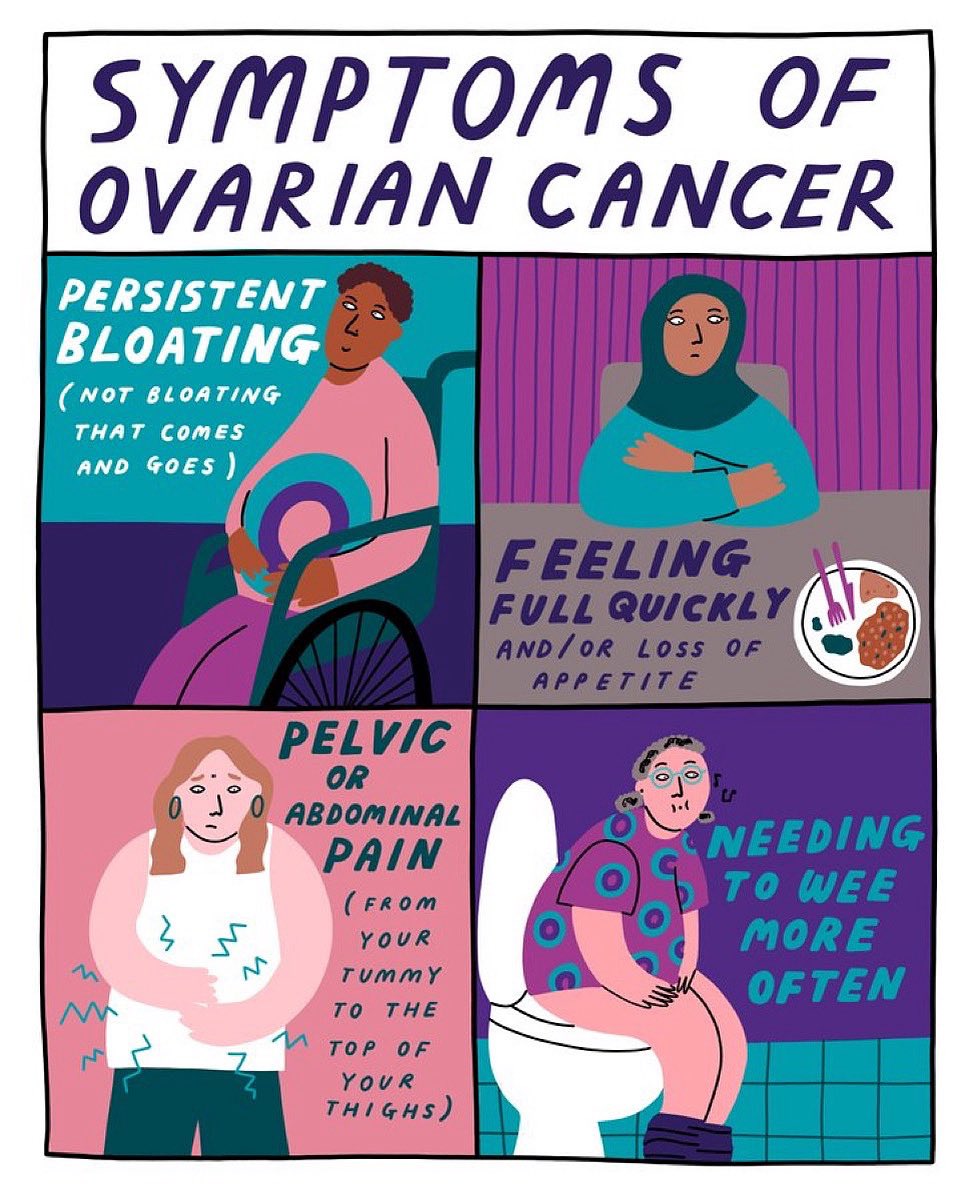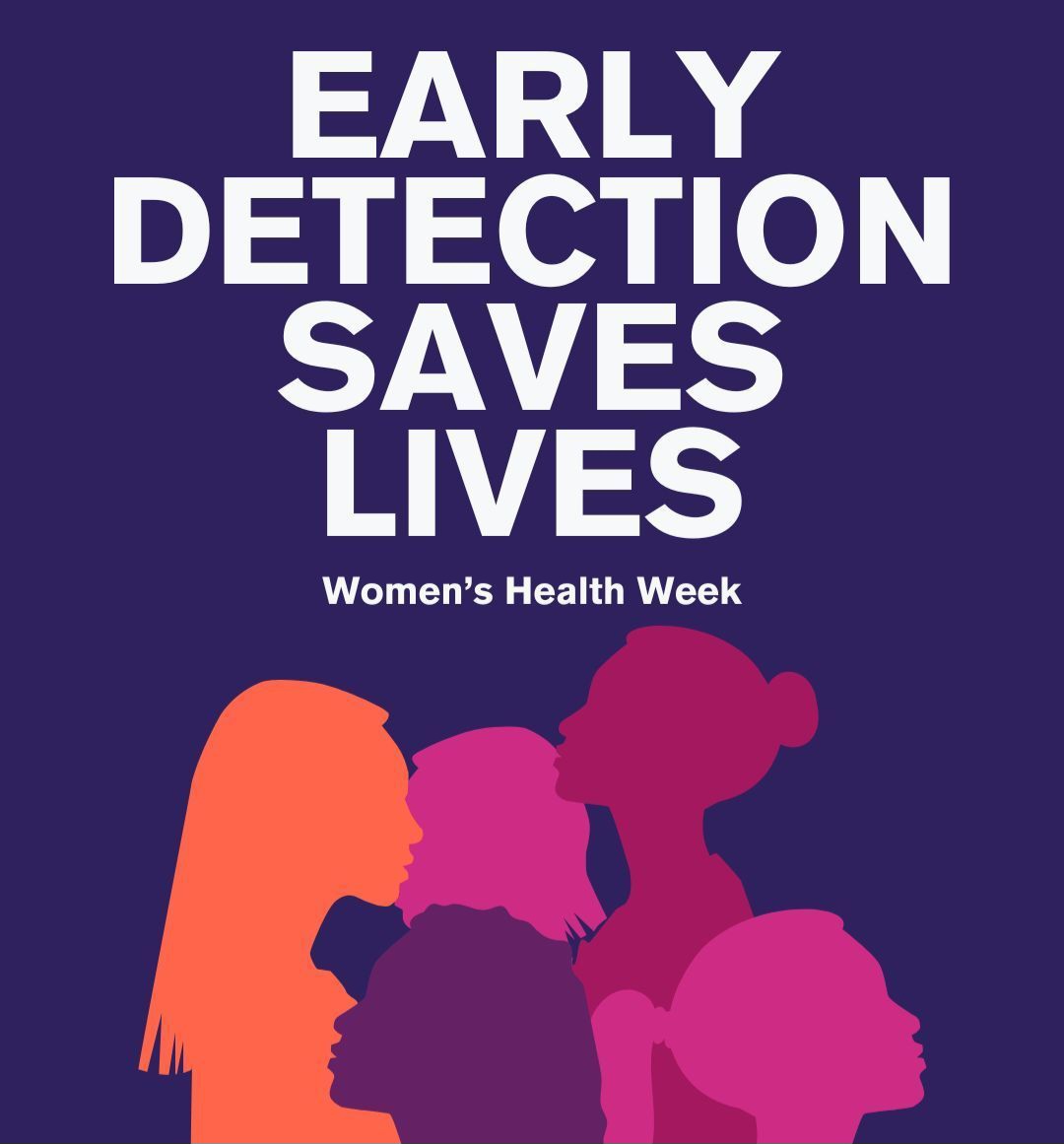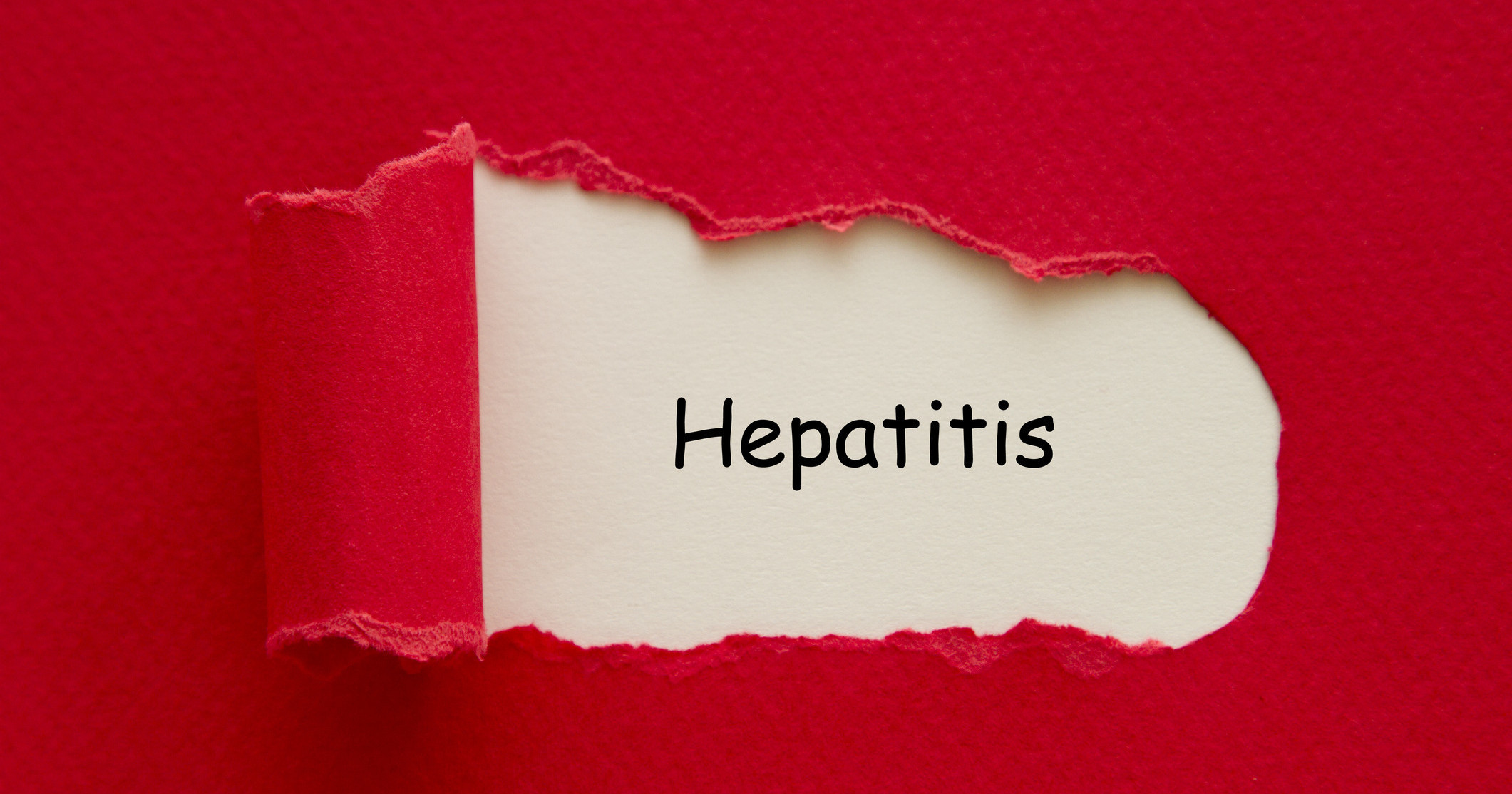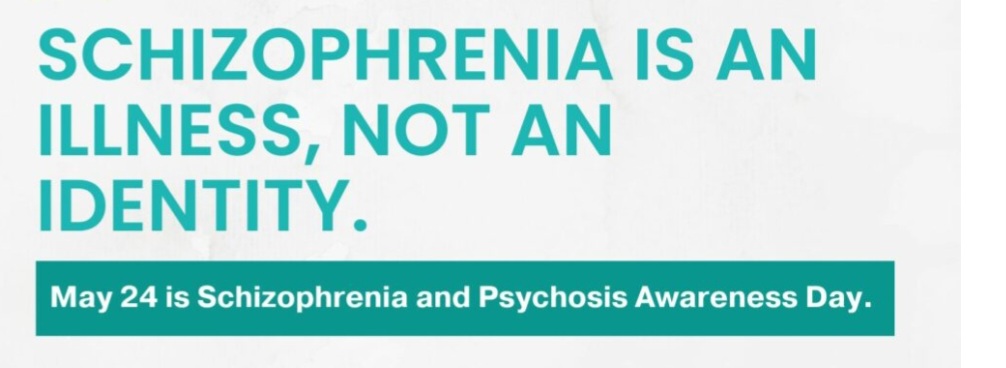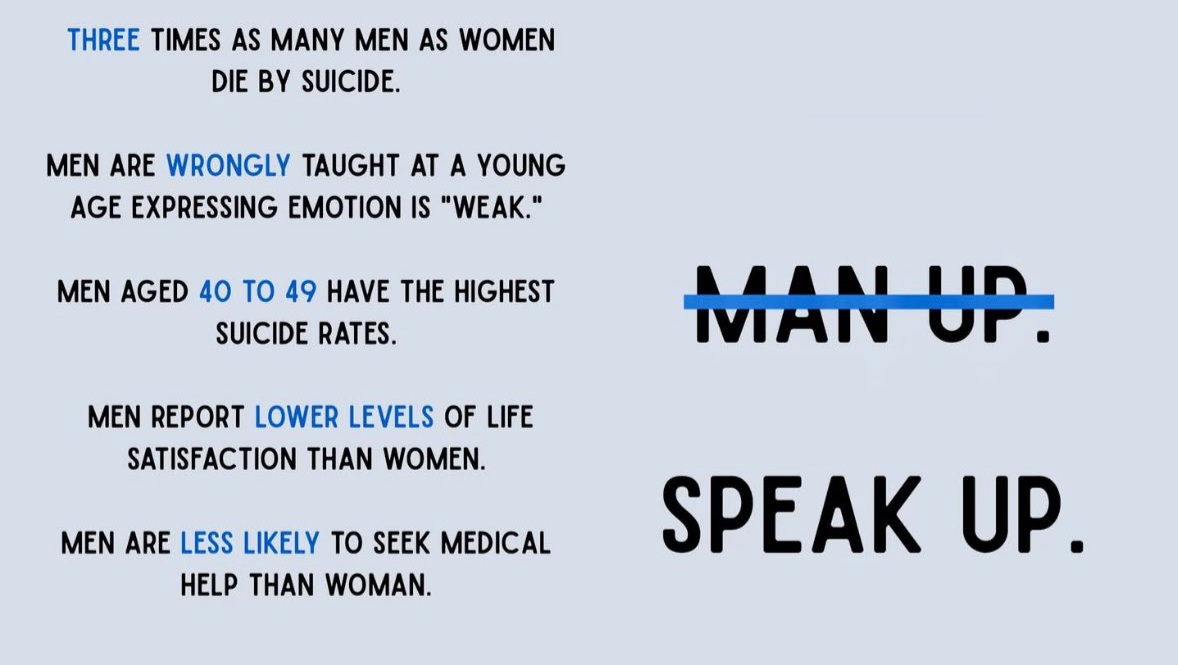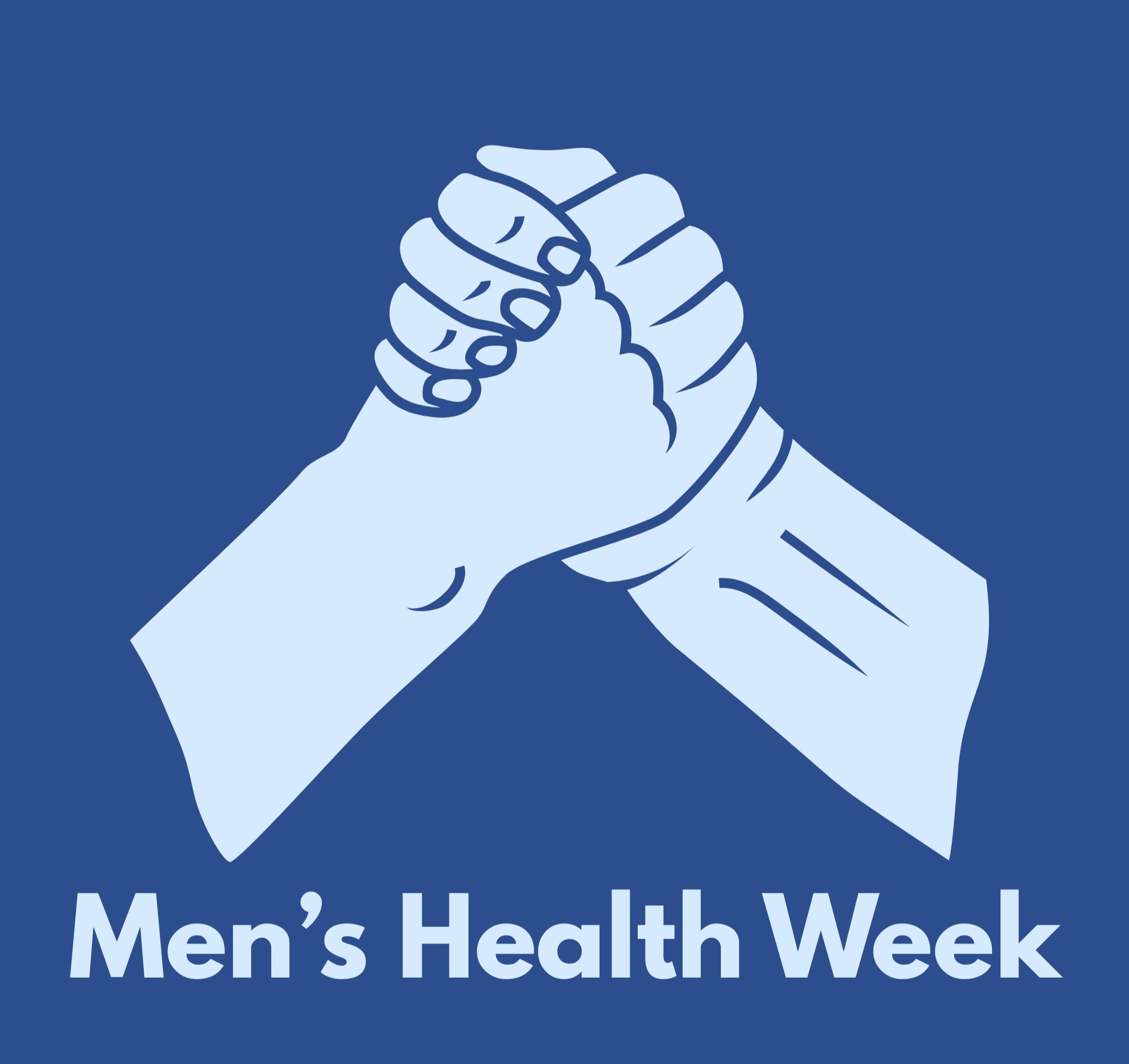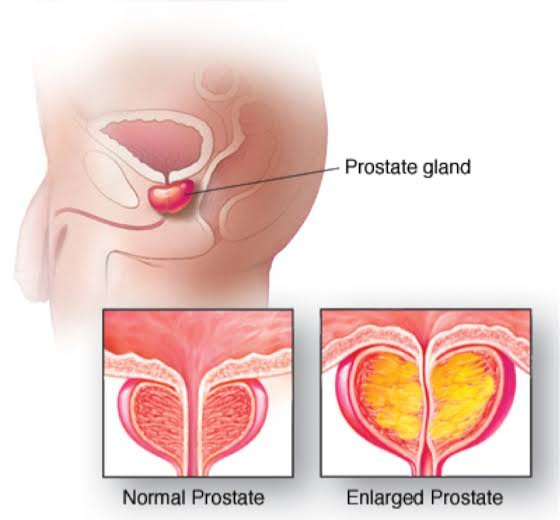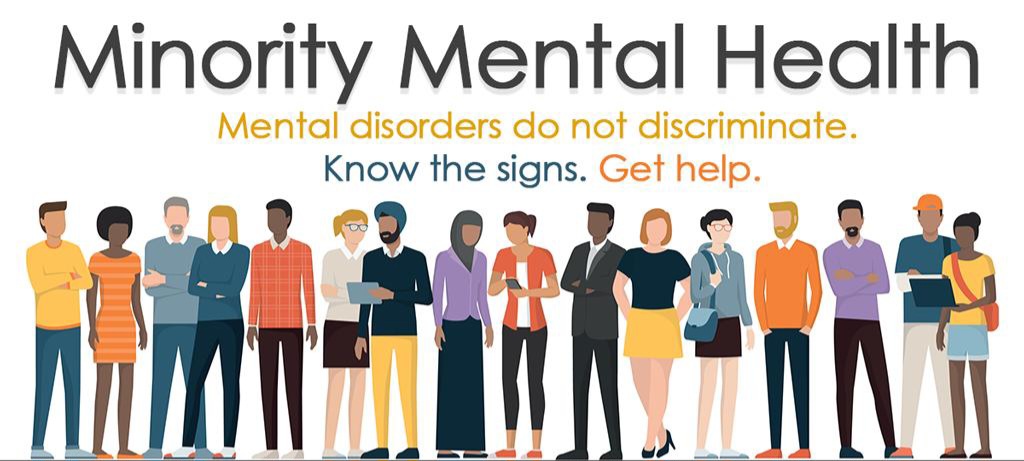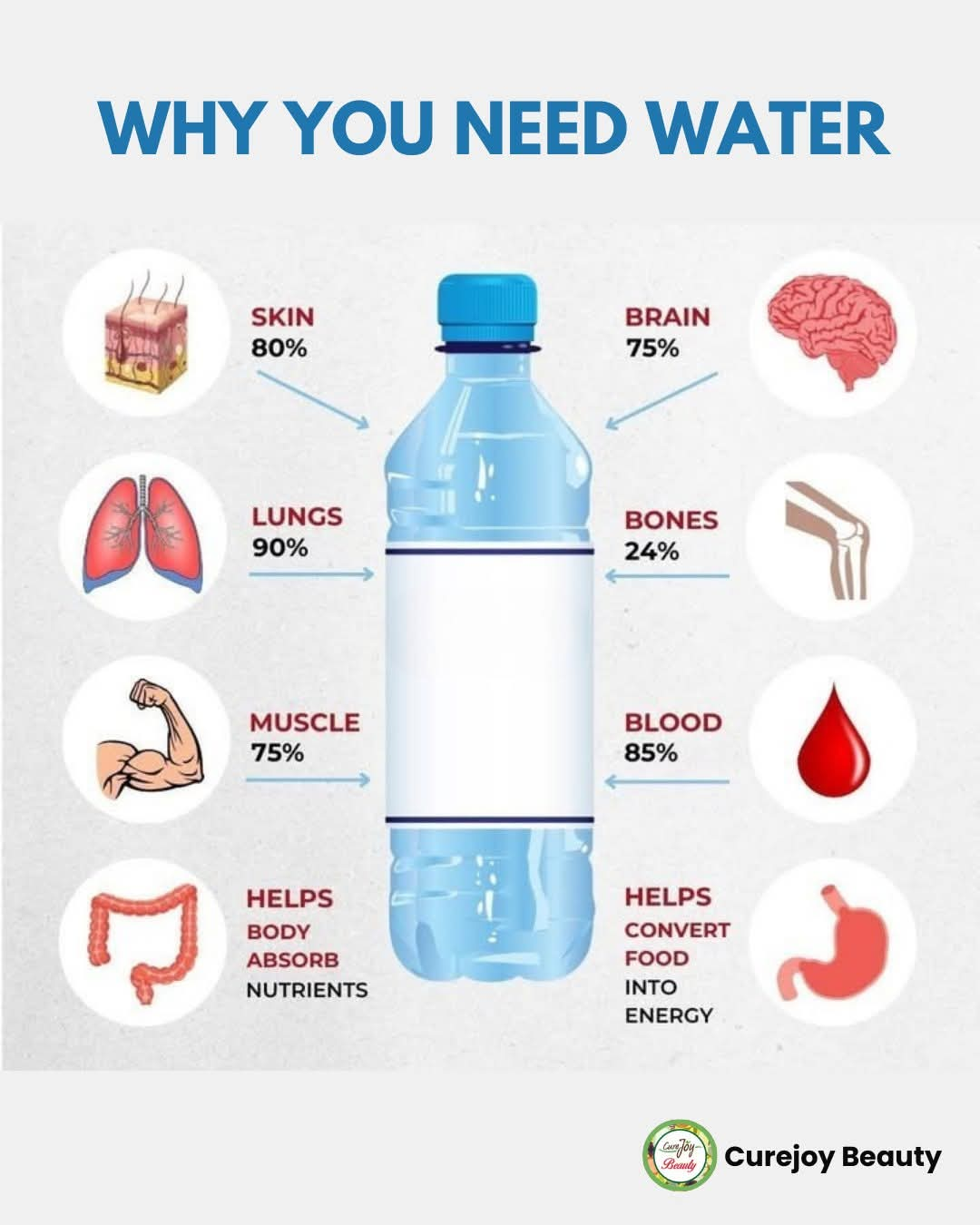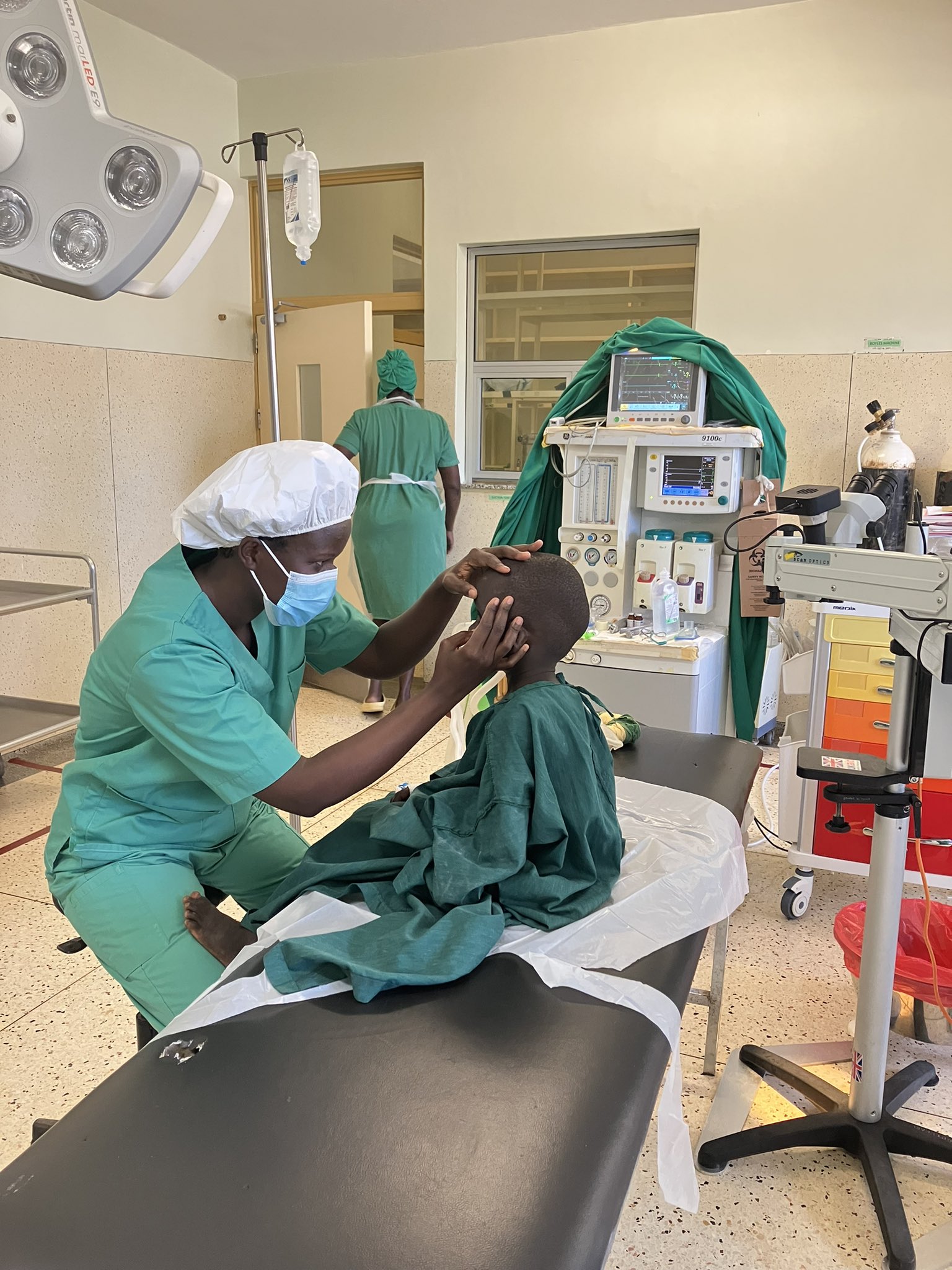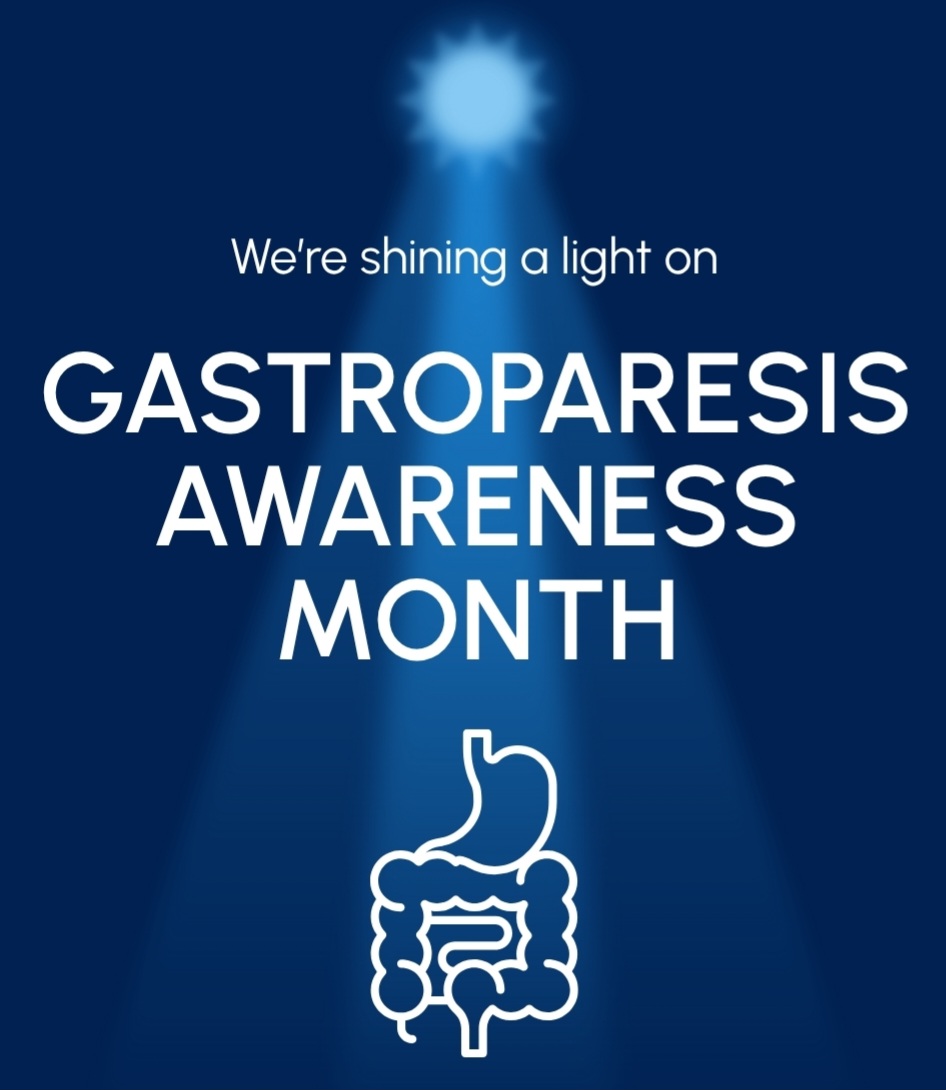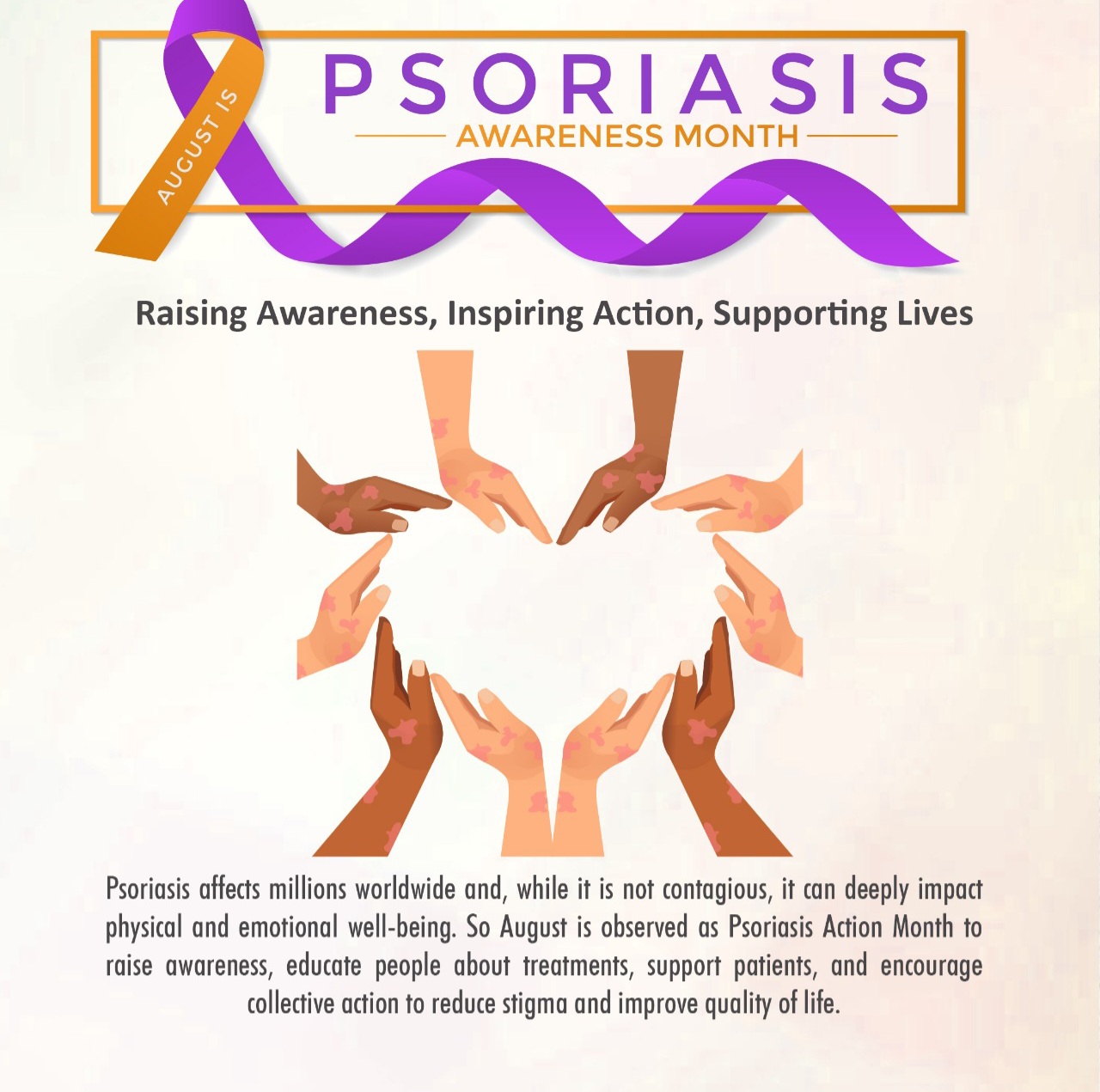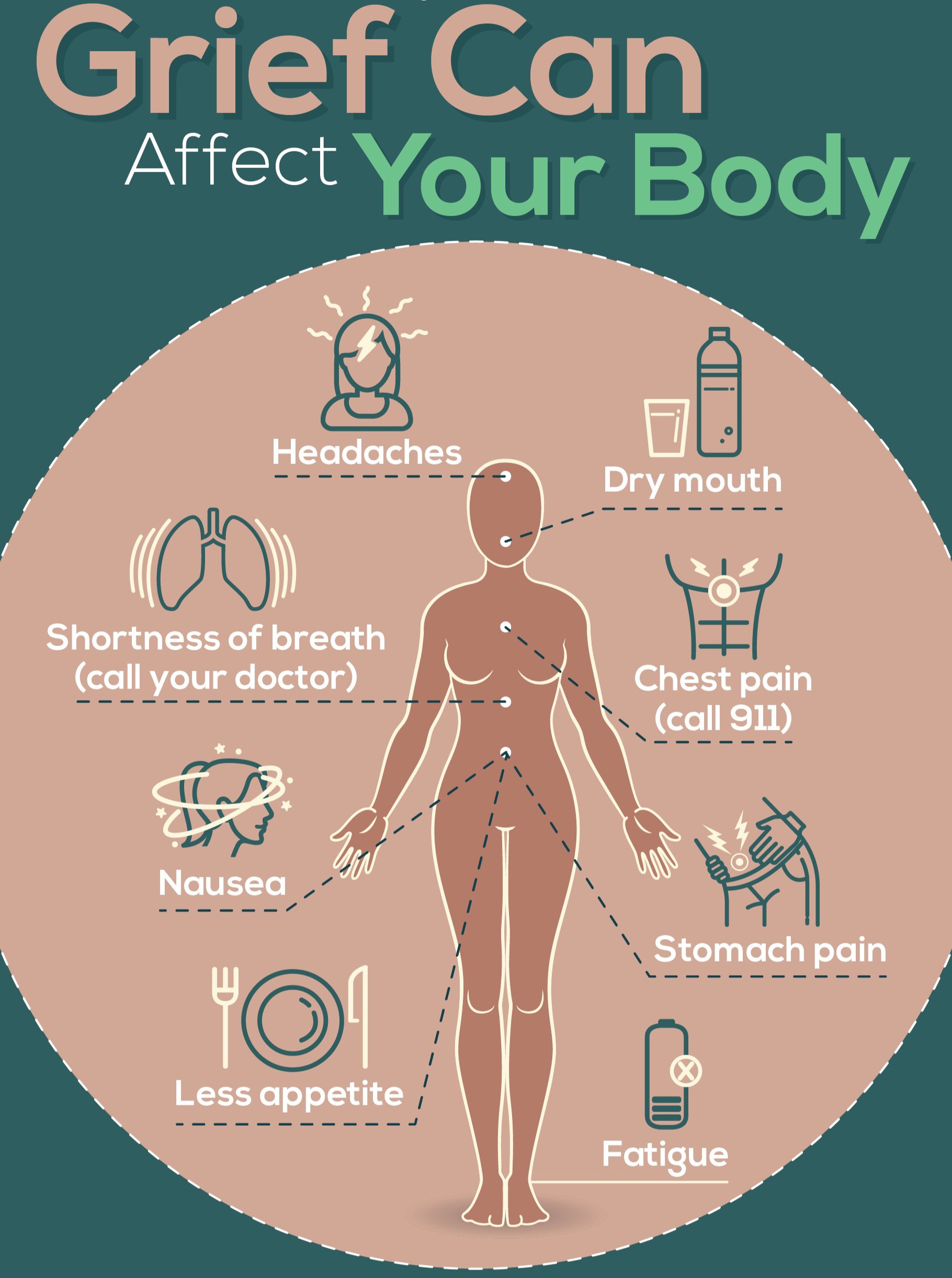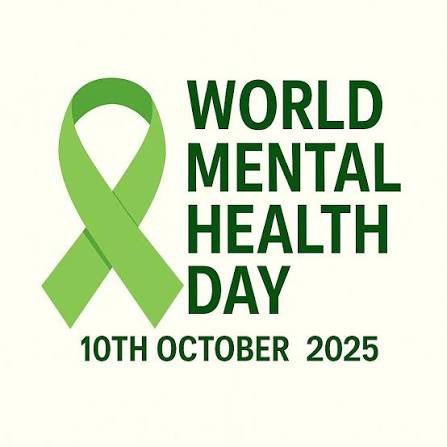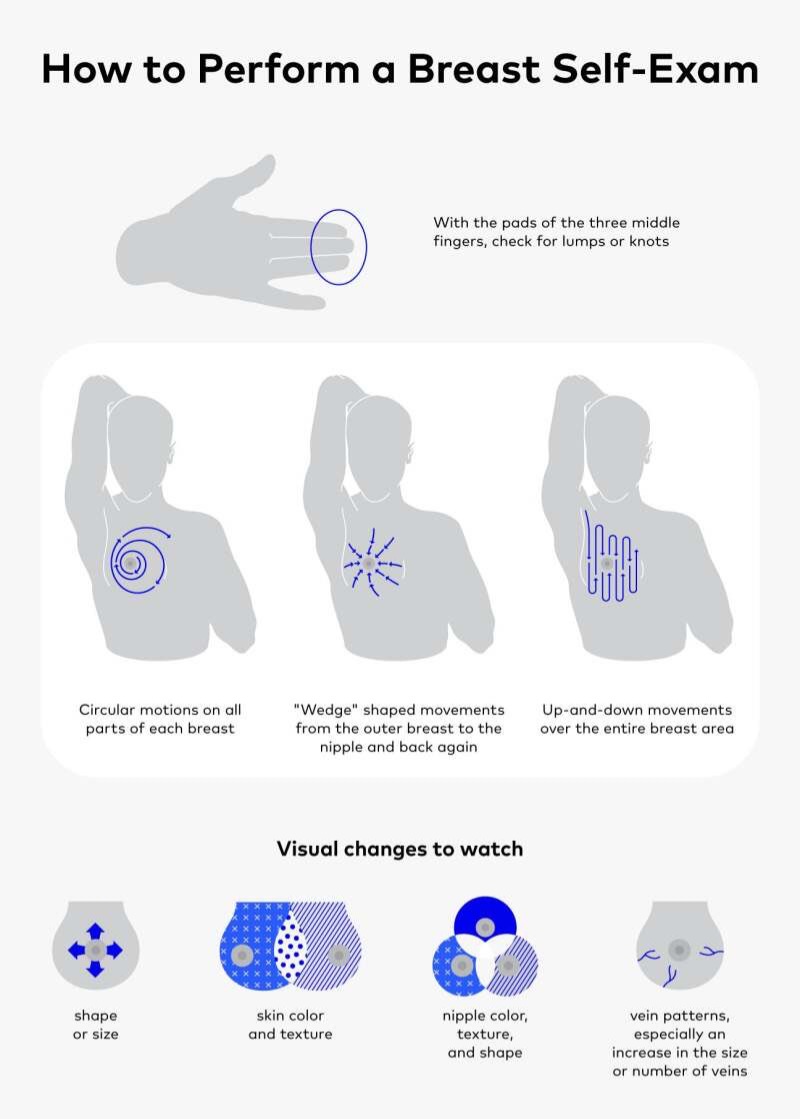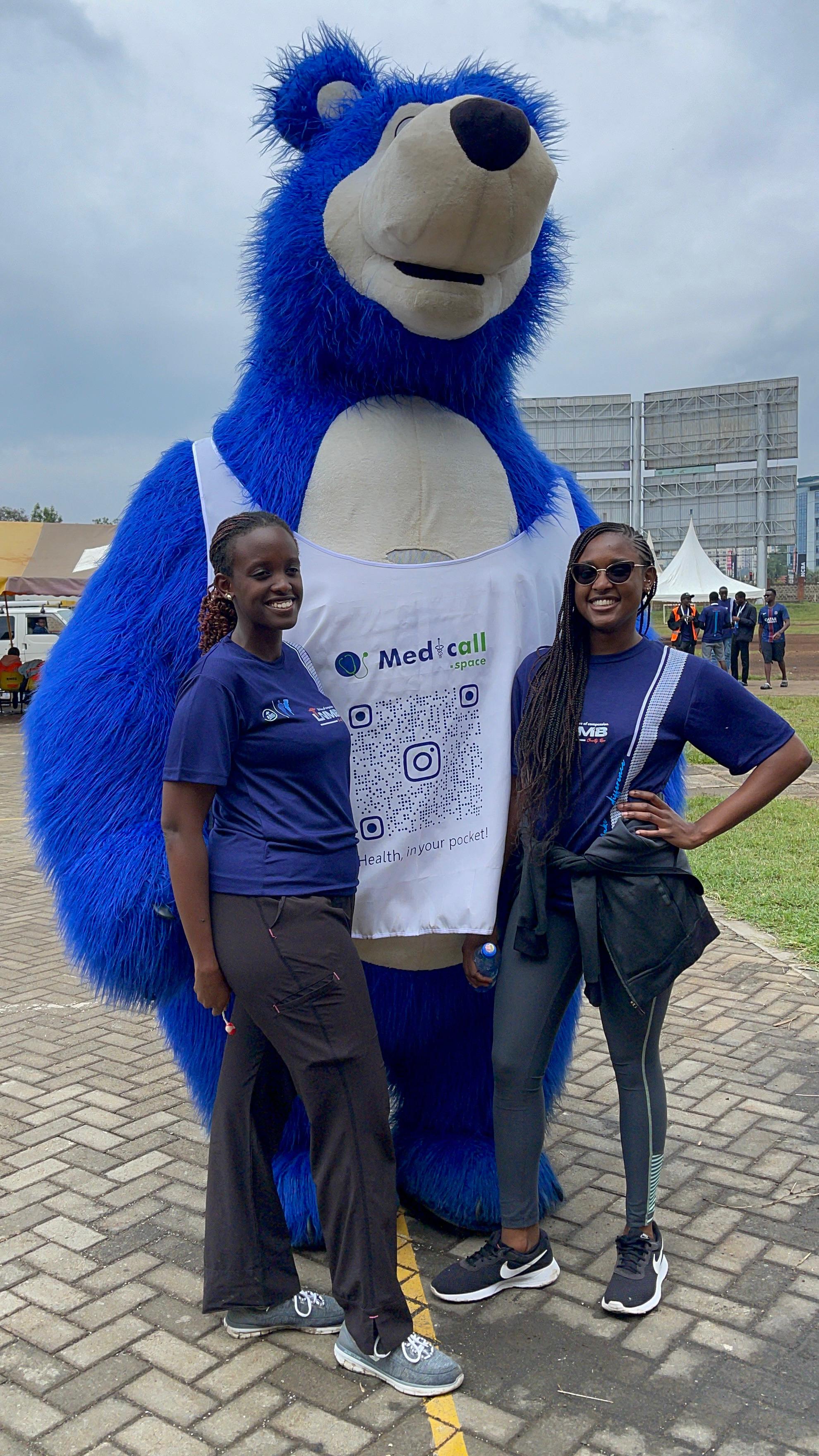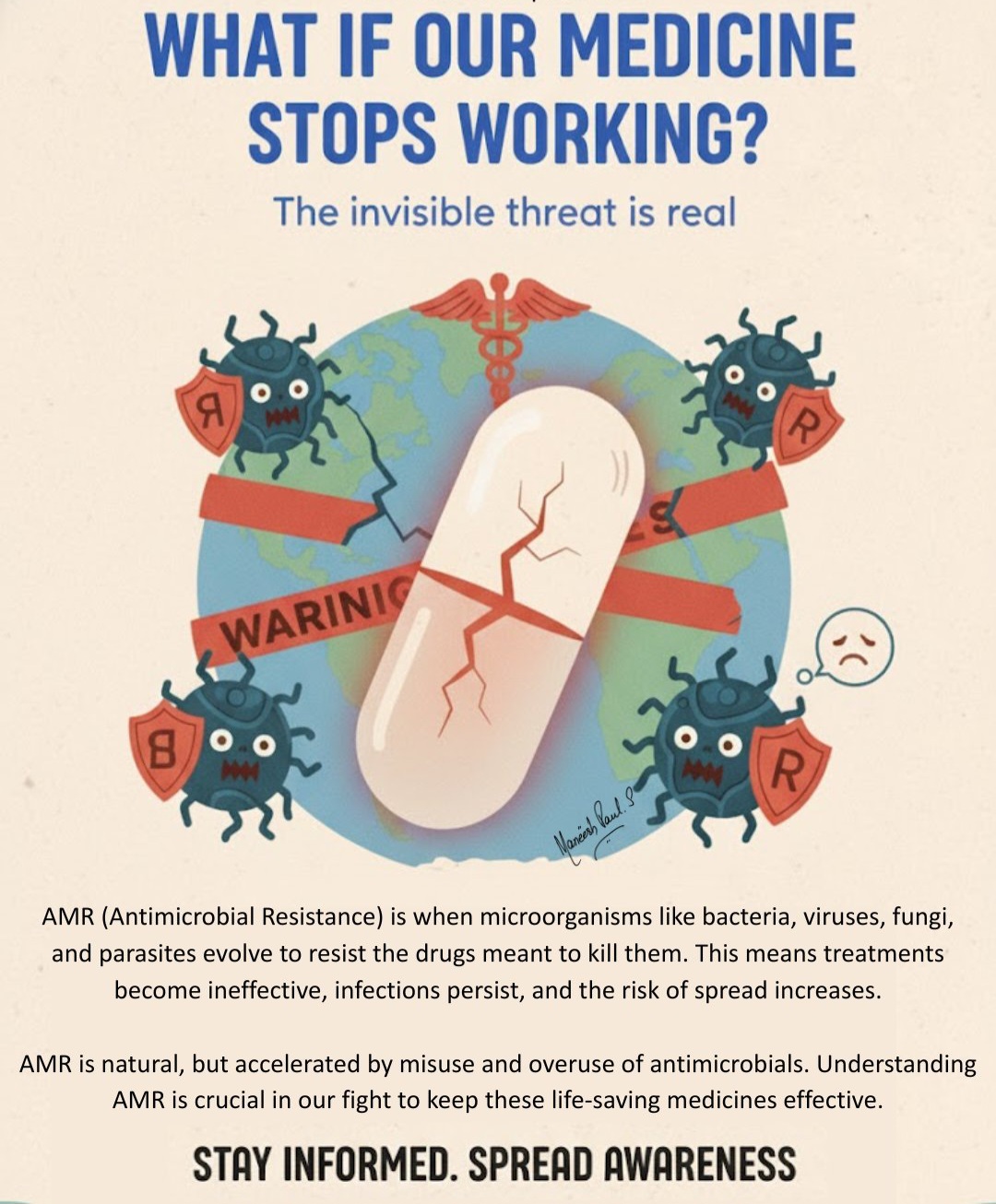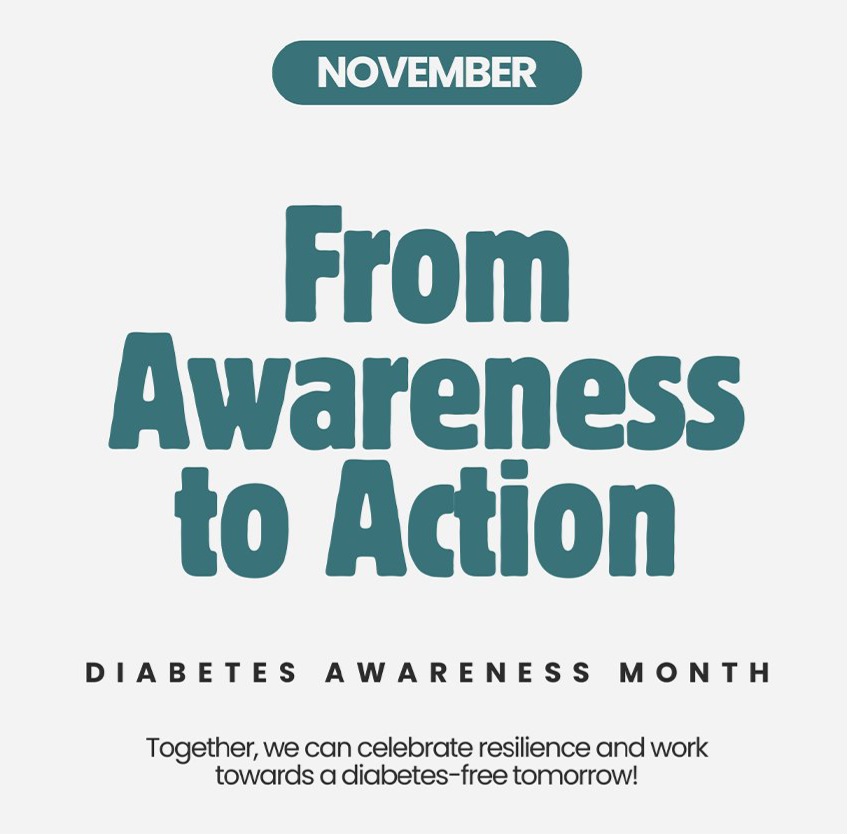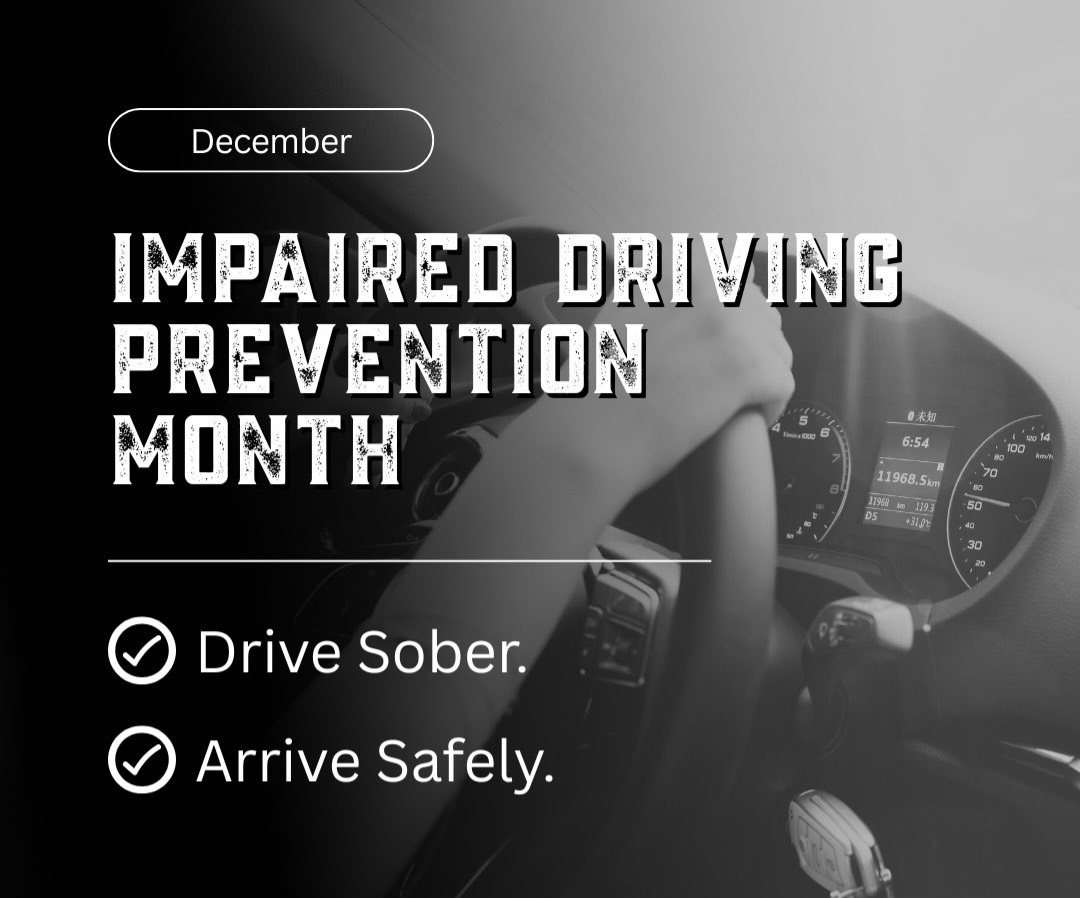Caring for a newborn can feel overwhelming, especially for new parents.
The following basic tips can help you ensure your baby is comfortable, healthy and happy:
1. Feeding Basics
Breastfeeding: Aim to breastfeed exclusively for the first six months if possible. It provides all the nutrients and antibodies your baby needs.
Formula Feeding: If breastfeeding isn’t an option, consult your pediatrician to choose the right formula.
Feed your baby every 2-3 hours or on demand. Watch for hunger cues like rooting or sucking on hands.
2. Sleep Safety
Always place your baby on their back to sleep to reduce the risk of Sudden Infant Death Syndrome (SIDS).
Use a firm mattress with no soft toys, pillows, or blankets in the crib.
Ensure the sleeping area is smoke-free and at a comfortable temperature.
3. Diapering and Hygiene
Change diapers frequently to prevent diaper rash. Clean with gentle wipes or warm water and dry thoroughly before putting on a new diaper.
Bathe your baby 2-3 times a week or as needed. Use a mild baby soap and warm water.
4. Health Monitoring
Monitor for signs of illness such as fever, difficulty feeding, or unusual behavior, and consult a doctor if needed.
Follow the vaccination schedule as recommended by your pediatrician.
Attend regular checkups to track growth and development milestones.
5. Comfort and Bonding
Skin-to-skin contact and cuddling help strengthen the bond with your baby.
Respond promptly to cries to build trust and security.
Talk, sing, and read to your baby to encourage early language and social development.
6. Immunity and Safety
Limit visitors, travelling and public spaces in the early weeks to avoid exposure to infections.
Wash hands thoroughly before handling the baby.
7. Stimulation and Playtime
Provide age-appropriate toys to stimulate sensory and motor skills.
Practice tummy time daily to strengthen your baby’s neck and shoulders.
8. Ensure safety while in the Car
Always use a rear-facing car seat that meets safety standards.
Ensure the car seat is properly installed and adjusted.
9. Always be Prepared by learning basic first aid skills
Keep a first-aid kit with infant essentials like a thermometer, baby-safe medications, and saline drops.
Learn infant CPR and choking first aid.
10. Adopt Self-Care habits
Get adequate rest whenever possible.
Don’t hesitate to ask for help from family, friends, or professionals.










































































































